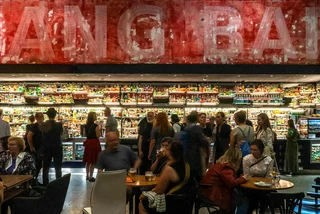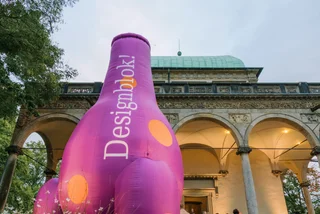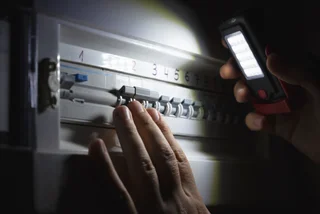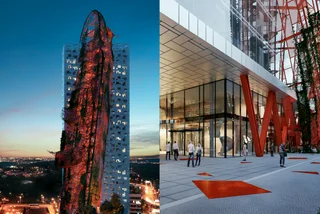The operators of Kasárna Karlín have received a new building permit that could allow the popular social and cultural center in Prague 8 to fully reopen several of its smaller courtyard buildings, including spaces previously used as a café, bar, and concert hall.
The Prague 8 Building Office granted the additional permit to the Prague Center Association after the group spent months operating without those structures. The decision, however, is not yet final and can still be appealed to Prague City Hall.
PARTNER ARTICLE
The ruling is significant for Karlín residents and visitors: it marks a big step toward restoring Kasárna Karlín’s full operations after a year of partial closure. Since June 2024, the center has been limited to outdoor activities after the building authority ordered it to stop using several renovated buildings that lacked proper permits.
Kasárna Karlín opened in 2017, when the Prague Center Association renovated smaller buildings in the courtyard for use as a concert hall, café, and bar. However, the association did not have proper permits, prompting the building authority to close the complex. The main issue was inconsistency with Prague’s zoning plan—a conflict that has since been resolved through changes to city regulations.
The center began operating again at the end of May this year, without the use of the smaller buildings, while the operators worked to legalize them. The Prague 8 Building Office has now ruled in the association’s favor.
“Regarding the operation of the café, the parties to the proceedings [those who decided to close the center] did not present any specific facts that would indicate increased noise pollution,” the official document states. The office also rejected the request to limit the center’s operating hours to only 9 p.m.
Objections had been filed by several nearby residents who have long complained about noise from concerts and bars in the courtyard.
The Prague municipality, which took over the former military barracks complex from the state last year, plans to fully reconstruct the main building and use it for new purposes in the future. City officials have suggested that the property could eventually house apartments, a cultural center, a technology park, or a school.
The historic barracks date back to the 19th century and have been a protected monument since 1958. Despite multiple attempts, the state never managed to sell the site.




























